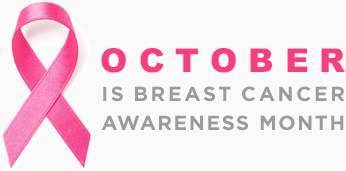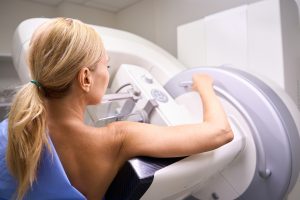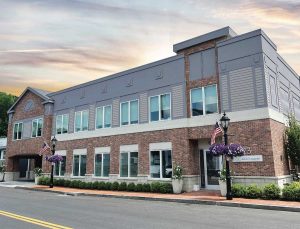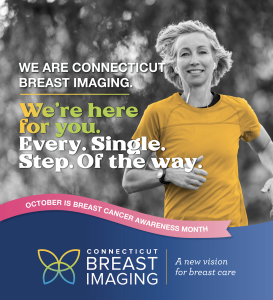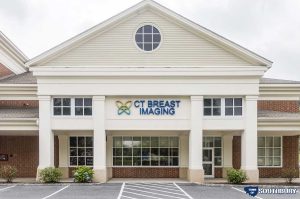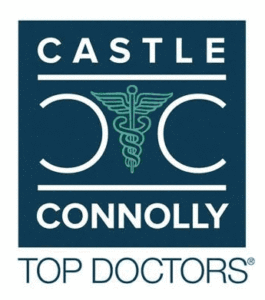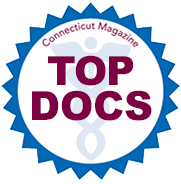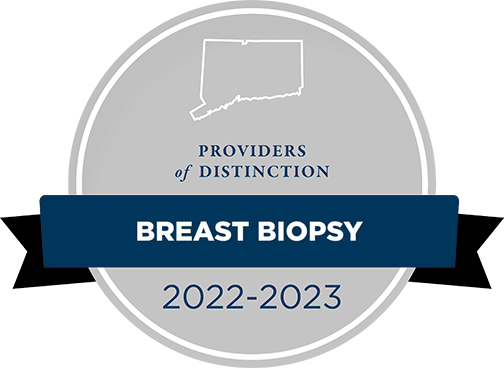Mothers breastfeed their babies to keep them healthy by giving them necessary nutrients that help them grow in an optimal way. Breastfeeding a child also strengthens the bond between both mother and child because of the activity’s physical nature. So we understand when patients say that they don’t want to interrupt the process of breastfeeding their child to undergo a mammogram.
You may have also wondered if it’s safe or healthy for a nursing mother to have a mammogram procedure. Is it possible that a mammogram procedure on a nursing mother will harm her milk production or her baby? These are all good questions.
Can I Get a Mammogram While Breastfeeding?
The short answer is YES. Breastfeeding mothers are able to have mammograms. Regardless of whether you are breastfeeding or not, any changes or abnormalities in your breast should be evaluated with the same amount of concern. It’s important to note that breastfeeding mothers are rarely diagnosed with cancer, with only a few cases reported each year.
Contrary to popular belief, it is feasible to read the mammogram of a lactating breast. With more dense tissue than a non-lactating one due to milk production, the images taken from a lactating breast may make reading the results more difficult. Lactating women should empty their breasts as much as possible before undergoing mammography, either by nursing or pumping.
There are a few instances where mammography is not recommended for nursing mothers. For example, it is not always advised for high-risk (BRCA – BReast CAncer gene) women under the age of 30. Your healthcare provider will be able to walk you through your alternatives and what’s best for you.
Does Breast Tissue Change During Breastfeeding?
The size and shape of your breasts might fluctuate throughout your life, especially during pregnancy and lactation. Usually, the amount of fatty tissue in the breast determines its size. When breastfeeding, your breast tissue will become denser as a result of the milk being produced. After breastfeeding, the fatty tissue and connective tissue in the breast may change.
The outflow of milk from your breasts might stretch the skin and tissue of your breasts when you’re nursing. When the milk-producing tissues reduce to the size they originally were before you were pregnant, some women’s breasts appear “empty” or “stretched out.” It’s a typical cosmetic issue after breastfeeding, but it’s not a medical issue.
Will a Mammogram Harm my Breasts or my Baby?
Human milk is unaffected by mammography, so new mothers can resume nursing right after the exam is completed. Since there is zero contamination of breast milk, a mammogram procedure can not harm your baby.
To prevent possible discomfort and improve the radiologist’s ability to view the breast tissue, we recommend that patients empty their breasts as much as possible before the exam. Make plans to nurse or pump just before your appointment. Bring a spouse or friend to care for the child while you are in the exam room.
Lower Mortality Rates
You will be glad to learn that breastfeeding has also been linked to a lower mortality rate in women with breast cancer. The research suggests that a total breastfeeding history of greater than 6 months and pregnancy are associated with both greater overall, and breast cancer-specific, survival for women diagnosed with breast cancer. This is great news for women considering breastfeeding their newborns.
In short, if you feel a suspicious lump or swelling of your breast, it is necessary to consult your doctor and see if a mammogram is necessary. Breastfeeding mothers are advised to see radiologists who have performed and interpreted mammograms on lactating women. At Connecticut Breast Imaging, we have trained experts in this area and provide patients with the care and diagnostics necessary for proper evaluations.
